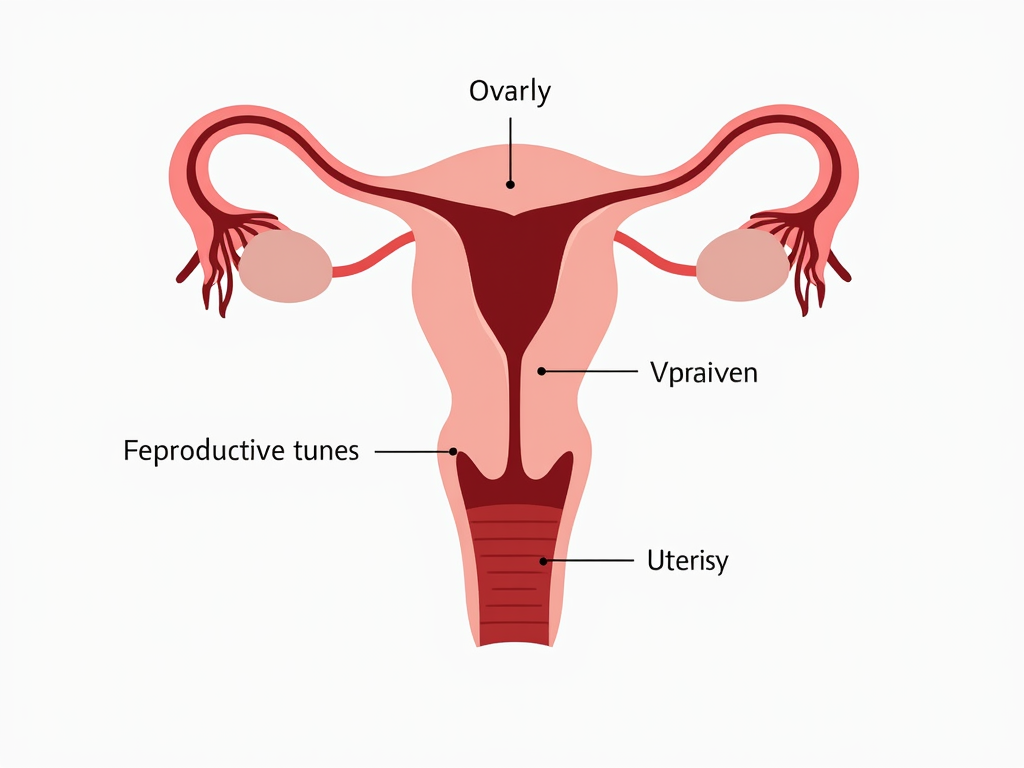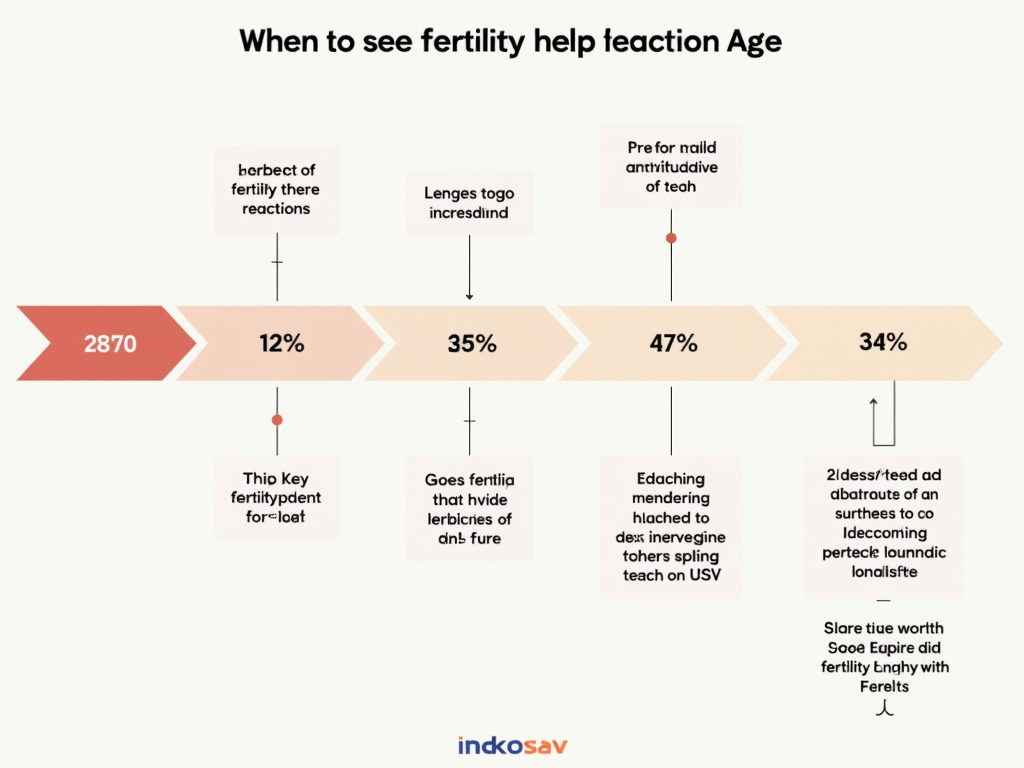Understanding Infertility: A Comprehensive Guide to Navigating Your Fertility Journey
April 16, 2025, 8:07 a.m.
Overview
Infertility affects millions of couples worldwide, but you’re not alone. This guide, Understanding Infertility: A Comprehensive Guide, breaks down the basics, treatment options, and emotional support you need to navigate your fertility journey with confidence.
What is Infertility?
Infertility means not getting pregnant after a year of regular, unprotected sex. It’s more common than you might think—about 1 in 10 couples face it. It can stem from issues in men, women, or both, and sometimes the reason isn’t clear. The good news? There are solutions, and this guide will walk you through them.

Causes of Infertility
Infertility isn’t one-size-fits-all. For women, it might be irregular ovulation, blocked fallopian tubes, or age-related changes. For men, it could be low sperm count or poor sperm movement. Lifestyle choices like smoking or stress can play a role too. I’ve seen friends wrestle with this—sometimes it’s a mix of factors, and that’s okay. Pinpointing the cause is the first step.
Here’s a quick breakdown of common causes:
- Women: Ovulation issues (e.g., PCOS), tube blockages, uterine problems.
- Men: Low sperm quality, hormone imbalances.
- Both: Age, weight, or lifestyle habits.
Knowing this helped me understand why my cousin’s journey took time—every case is unique.

Diagnosing Infertility
If you’ve been trying for a year (or six months if you’re over 35), see a doctor. They’ll run tests like blood work for hormones, semen analysis for men, or ultrasounds to check your insides. It’s nerve-wracking—I remember a friend saying she felt like a science experiment—but it’s how you get answers.
Common Diagnostic Tests
| Test | Purpose |
|-------------------|---------------------------------|
| Blood Tests | Check hormone levels |
| Semen Analysis | Assess sperm health |
| Ultrasound | Look at ovaries and uterus |
| HSG | Check fallopian tubes |
These steps build a roadmap for treatment.

The Emotional Side
Infertility hits hard. You might feel sad, angry, or even jealous of others’ baby announcements. I’ve watched loved ones ride this rollercoaster—it’s tough. Talking to someone, whether a partner or counselor, can lighten the load. You deserve support as much as anyone.
Treatment Options
Treatments depend on what’s causing the issue. Some people start with pills to boost ovulation or fix sperm issues. Others need surgery for things like blocked tubes. Then there’s high-tech help like IVF, where eggs and sperm meet outside the body. It’s not a straight path—my friend tried three options before success—but there’s hope.

Exploring Assisted Reproductive Technology (ART)
- IUI: Sperm gets placed directly in the uterus.
- IVF: Eggs are fertilized in a lab, then transferred.
- ICSI: A single sperm is injected into an egg.
These sound intense, but they’ve helped millions. Check with a pro to see what fits.
What to Expect at a Fertility Clinic
Your first visit to a fertility clinic might feel overwhelming, but it’s a step forward. You’ll sit down with a specialist to talk history and goals. Expect physical exams and maybe more tests. My sister-in-law said it felt like detective work—piecing together clues for a plan.

The Clinic Process
1. Consultation: Share your story, get examined.
2. Testing: Dig deeper into causes.
3. Planning: Build a custom treatment path.
Most clinics offer counseling too—it’s a lifeline when you’re stressed.
Personal Reflections
I’ve seen infertility up close through friends and family. One couple felt lost until they found a clinic that clicked. Another leaned on support groups. What I’ve learned? Patience and asking questions are key. You’re not failing—you’re fighting for something big.

Lifestyle Tips to Boost Fertility
Small changes can help. Eat well—think fruits, veggies, and whole grains. Cut back on smoking or heavy drinking. Exercise, but don’t overdo it. I know a guy who dropped 20 pounds and saw his sperm count jump. It’s not a cure, but it’s a start.
When to Seek Help
Don’t wait too long. If you’re under 35, give it a year. Over 35? Six months. Time matters—egg quality drops after 35, and sperm health can fade too. Reach out to a fertility clinic sooner if something feels off.

Coping Strategies
- Journal your feelings—it’s a release.
- Join a support group—others get it.
- Set small goals, like researching one treatment.
I saw my cousin thrive by taking it day by day.
Summary
Infertility is tough, but it’s not the end. Understanding Infertility: A Comprehensive Guide has covered causes, tests, treatments, and what to expect at a fertility clinic. With support and the right steps, many build the family they dream of. You’ve got this.